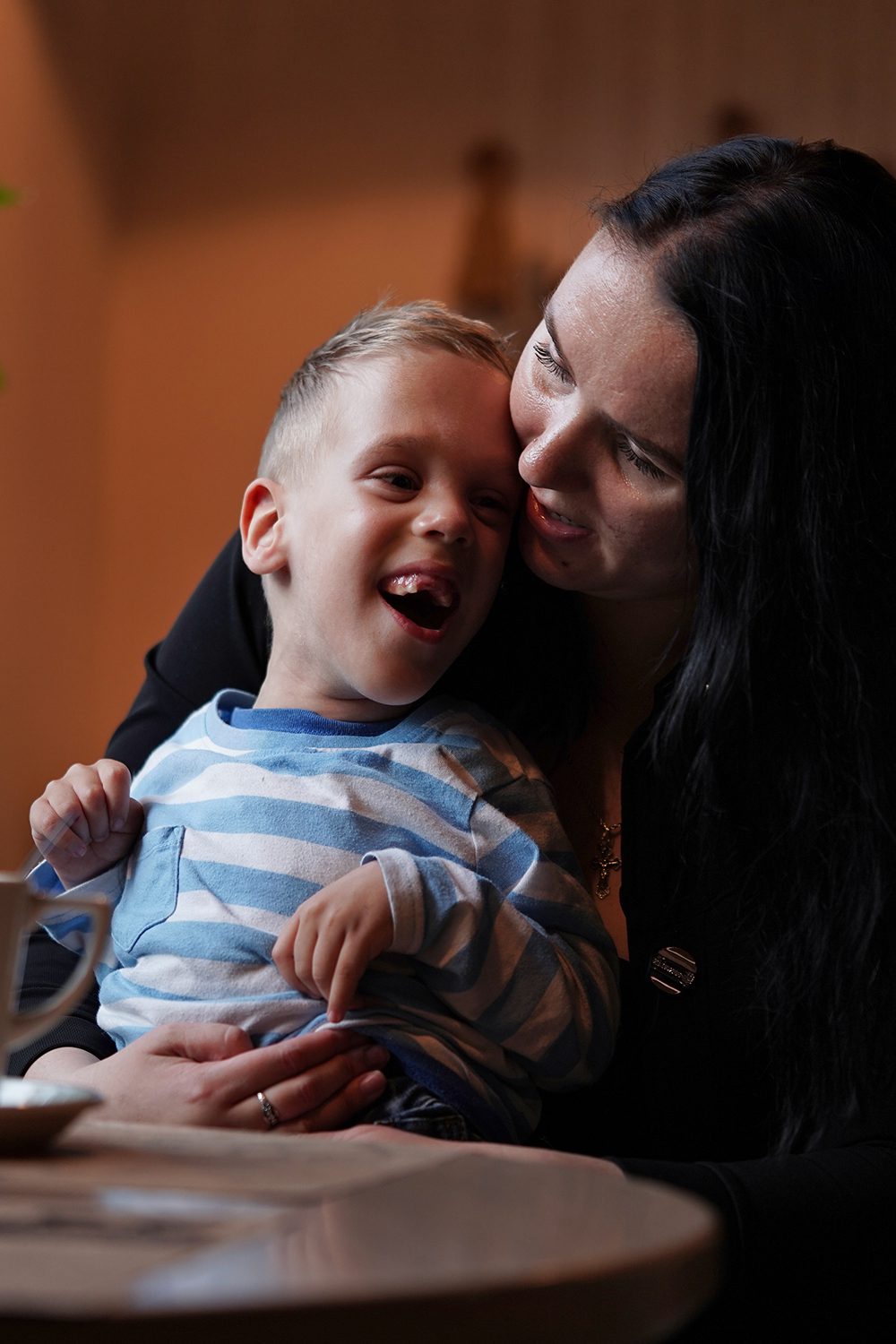March is National Developmental Disabilities Awareness Month
Developmental disabilities are a group of conditions due to an impairment in physical, learning, language, or behavior areas. These conditions begin during the developmental period, may impact day-to-day functioning, and usually last throughout a person’s lifetime.
Developmental disabilities begin anytime during the developmental period and usually last throughout a person’s lifetime. Most developmental disabilities begin before a baby is born, but some can happen after birth because of injury, infection, or other factors.
The following are some examples of what we know about specific developmental disabilities:
- At least 25% of hearing loss among babies is due to maternal infections during pregnancy, such as cytomegalovirus (CMV) infection; complications after birth; and head trauma.
- Some of the most common known causes of intellectual disability include fetal alcohol syndrome disorder; genetic and chromosomal conditions, such as Down syndrome and fragile X syndrome
- Children who have a sibling with autism spectrum disorder are at a higher risk of also having autism spectrum disorder.
Living With a Developmental Disability
According to the Centers for Disease Control and Prevention (CDC), developmental disabilities are defined as impairments in physical, learning, language or behavior areas, and include:
Autism spectrum disorders
Hearing loss
Vision impairment
Cerebral palsy
Attention-deficit/hyperactivity disorder
Learning or intellectual disabilities
Learn more on how you can raise awareness
We encourage you to support this campaign by using the hashtag #DDawareness22 on social media experiences through stories, photos and videos.

